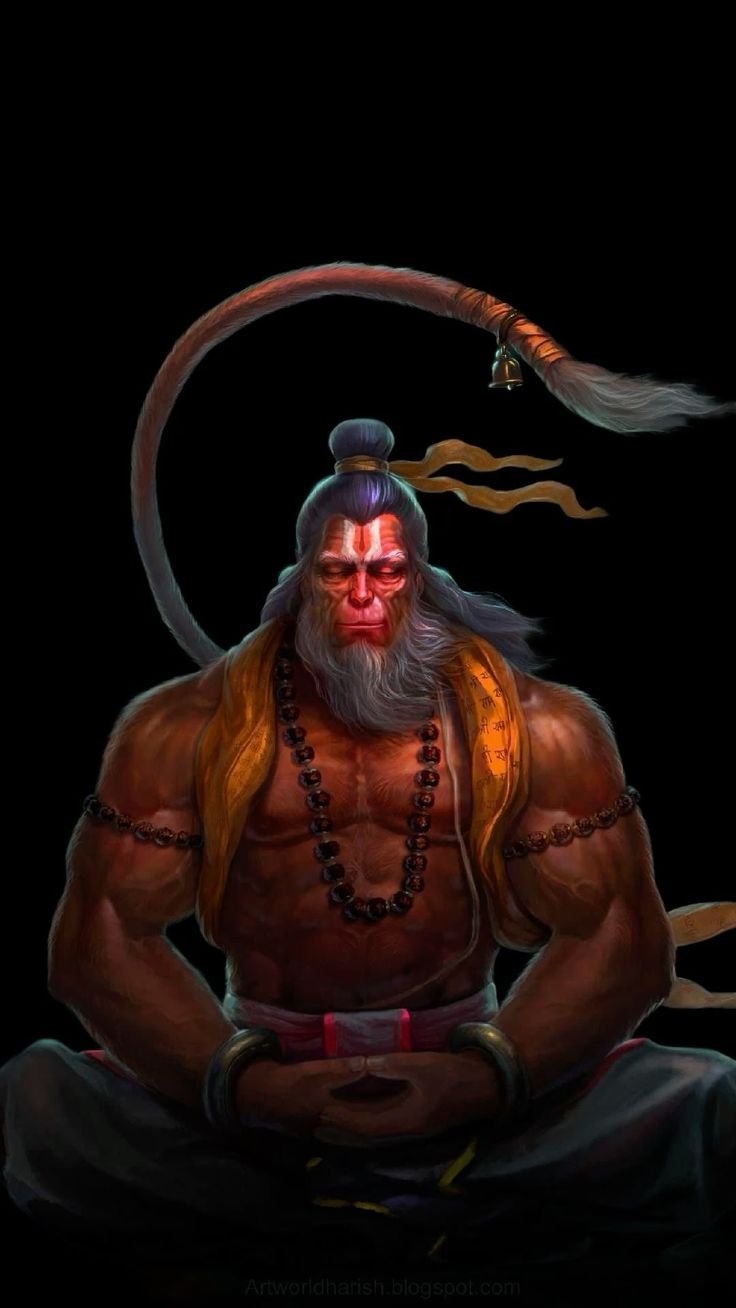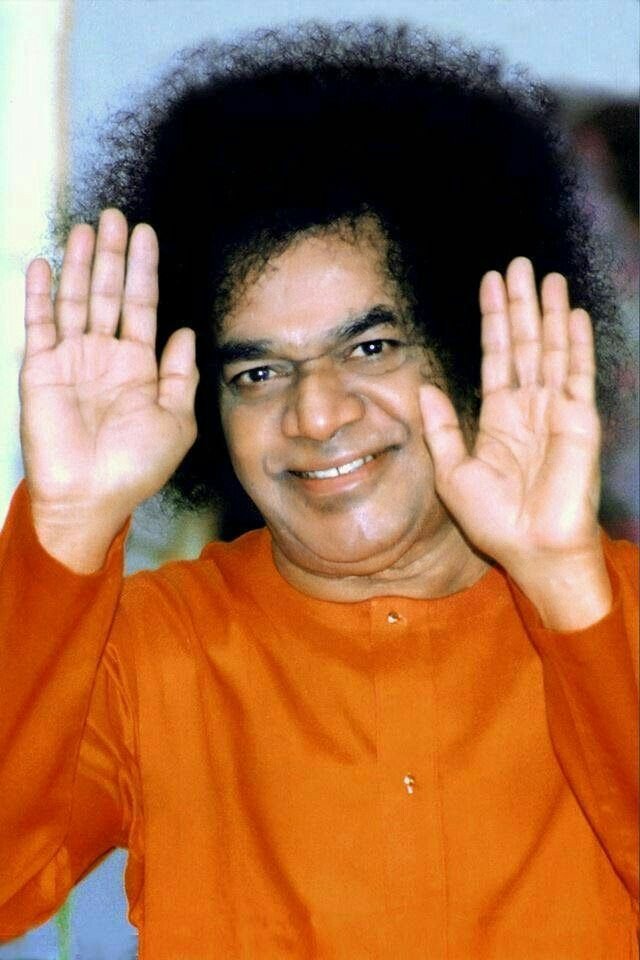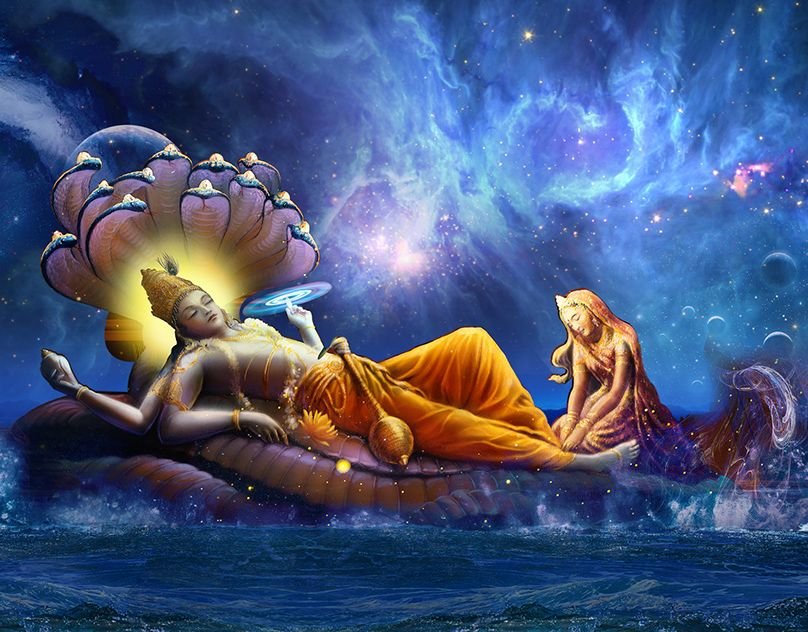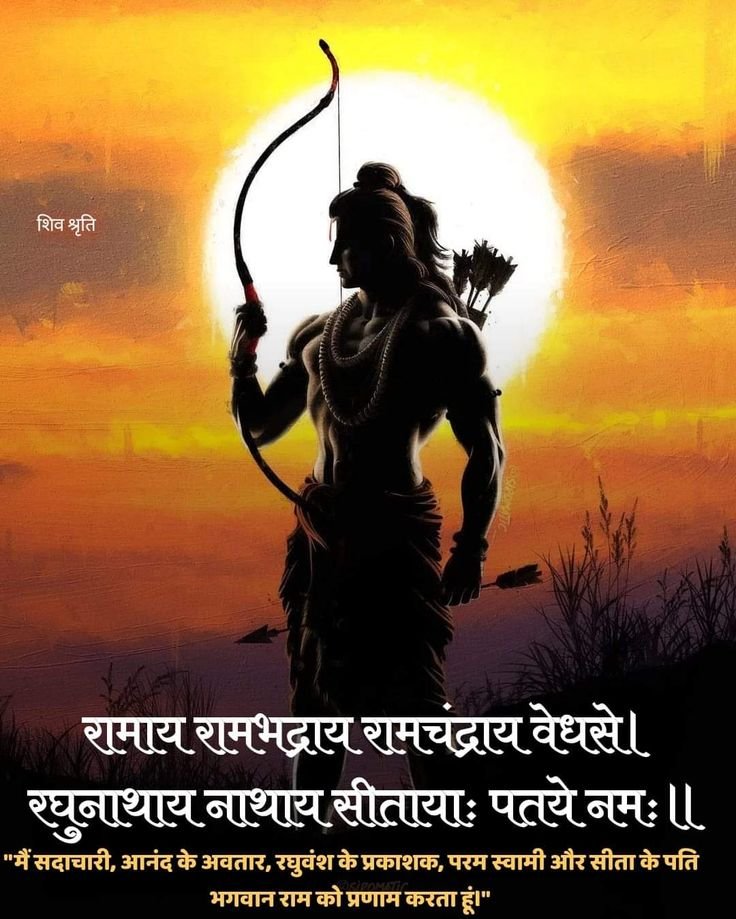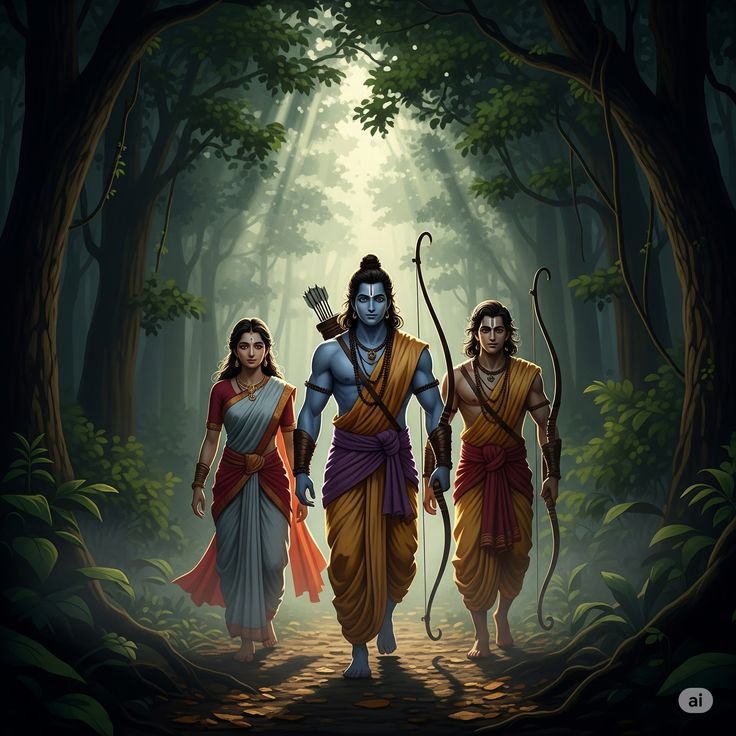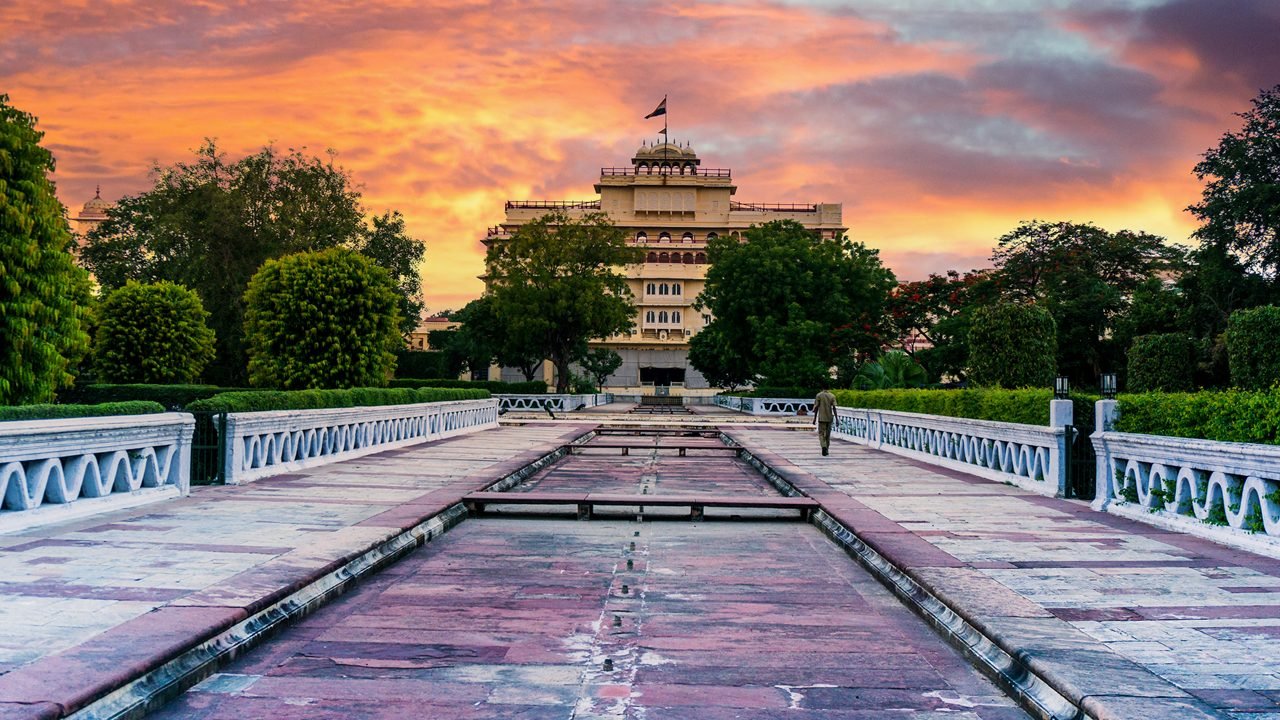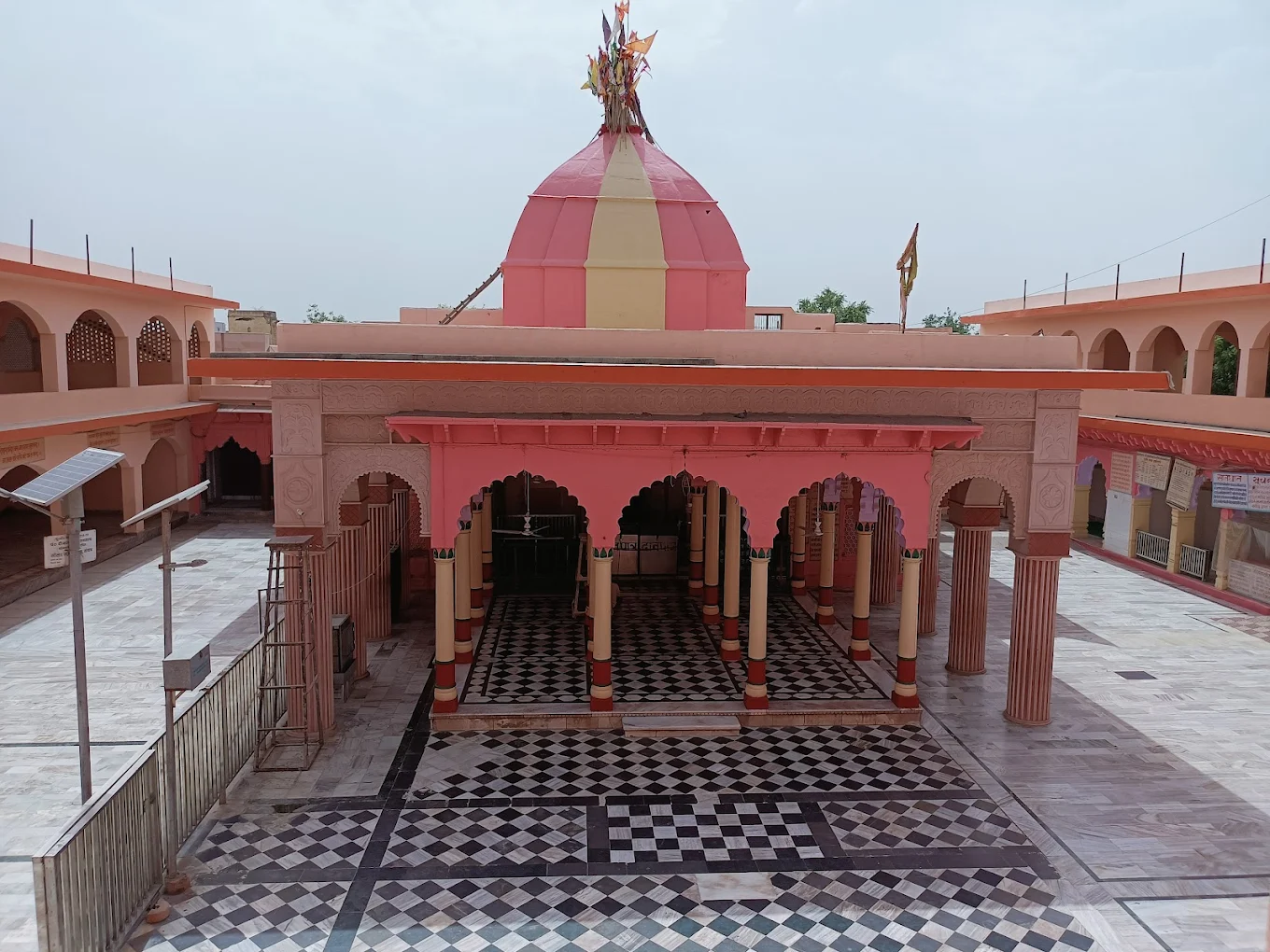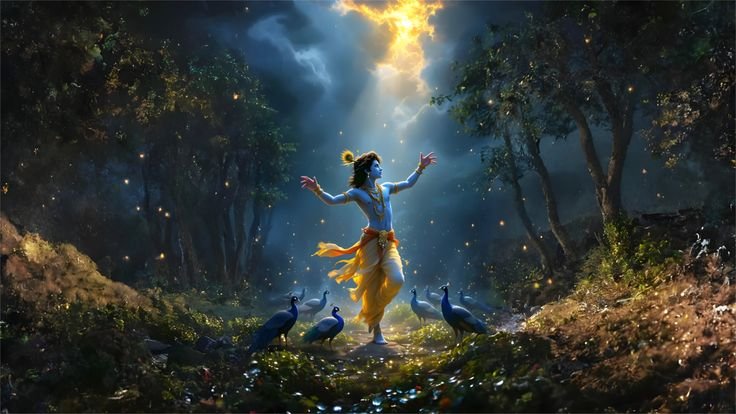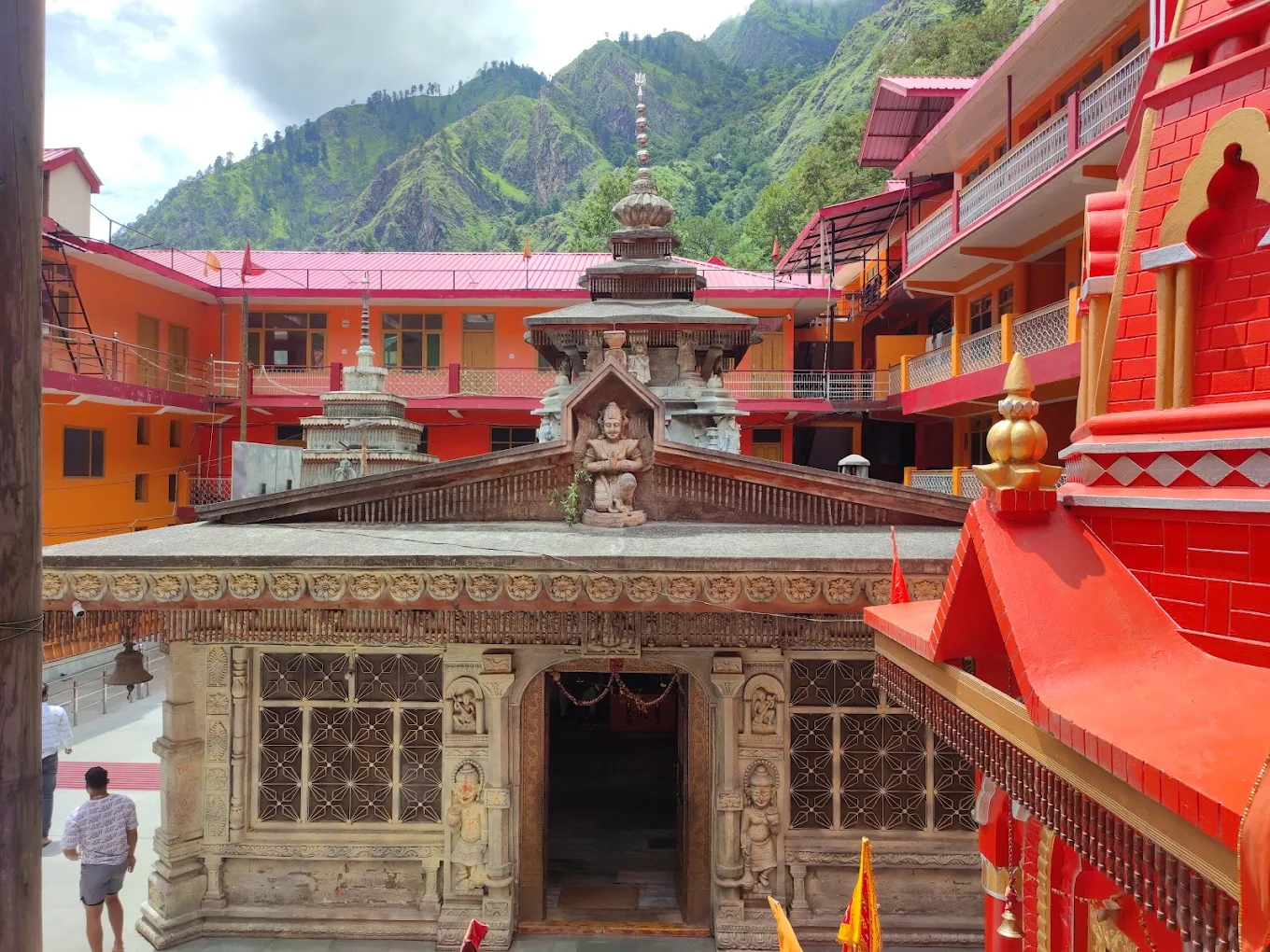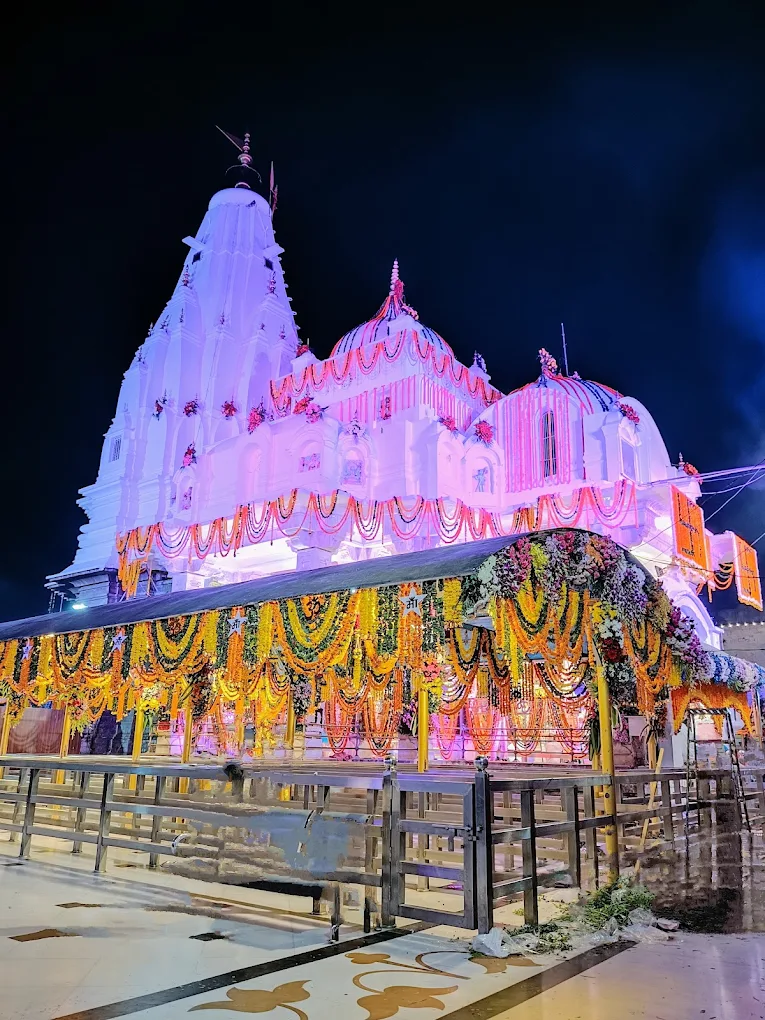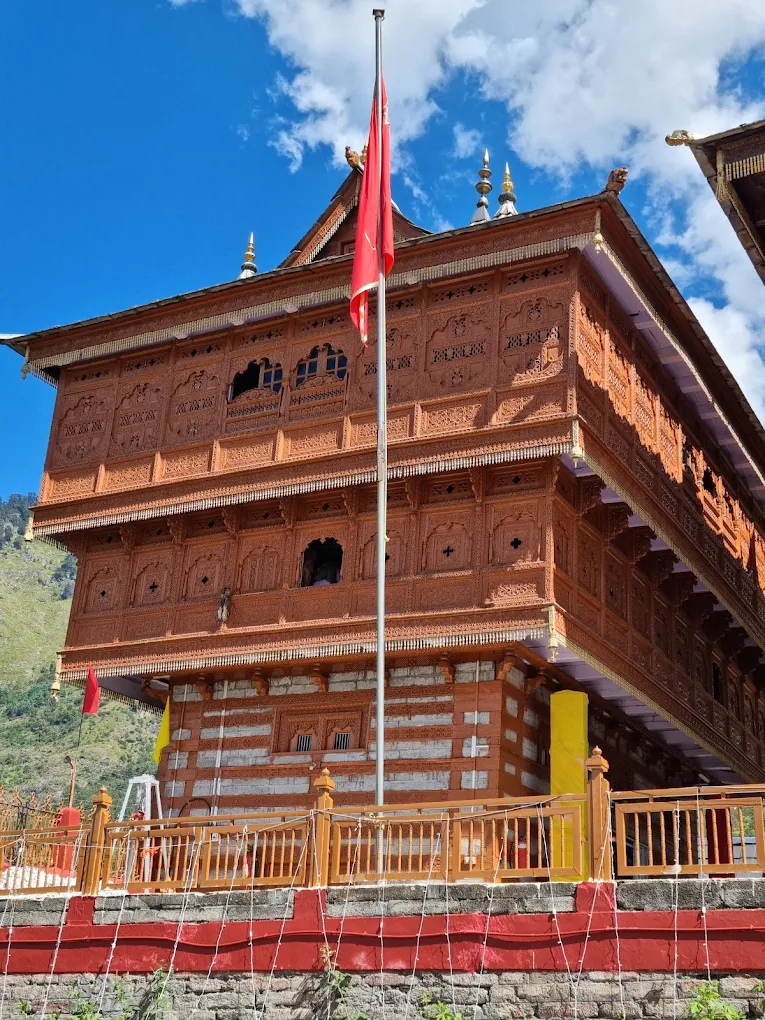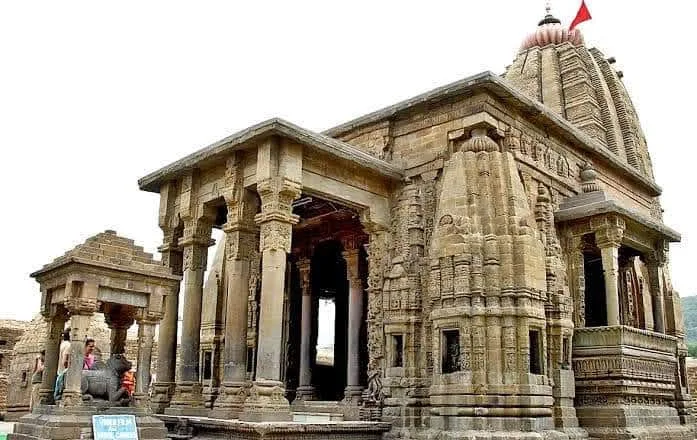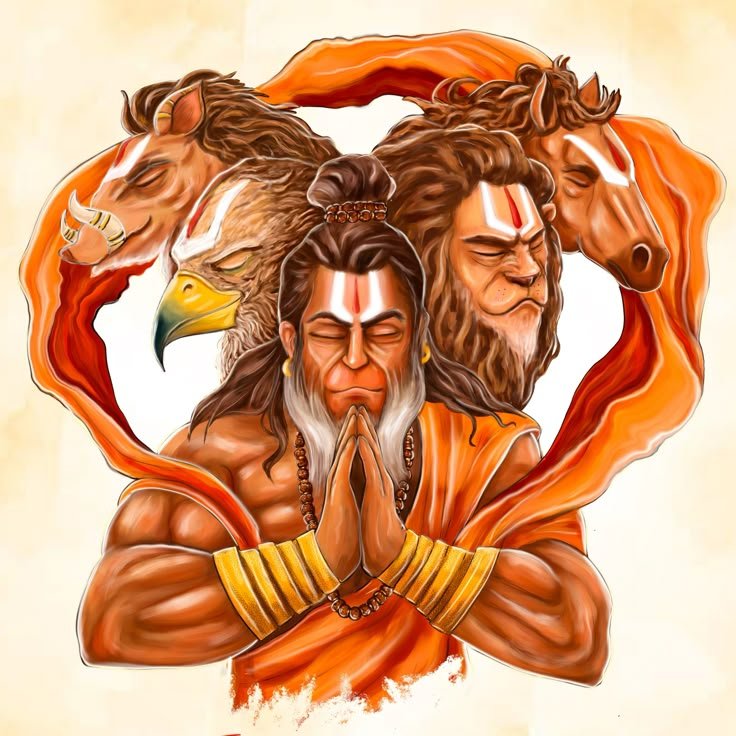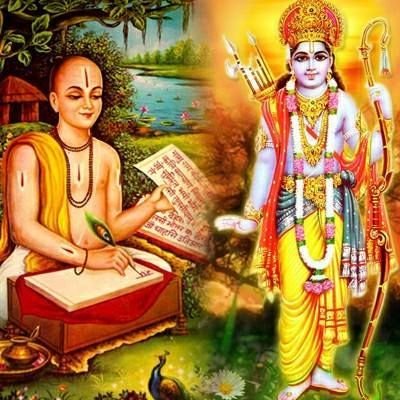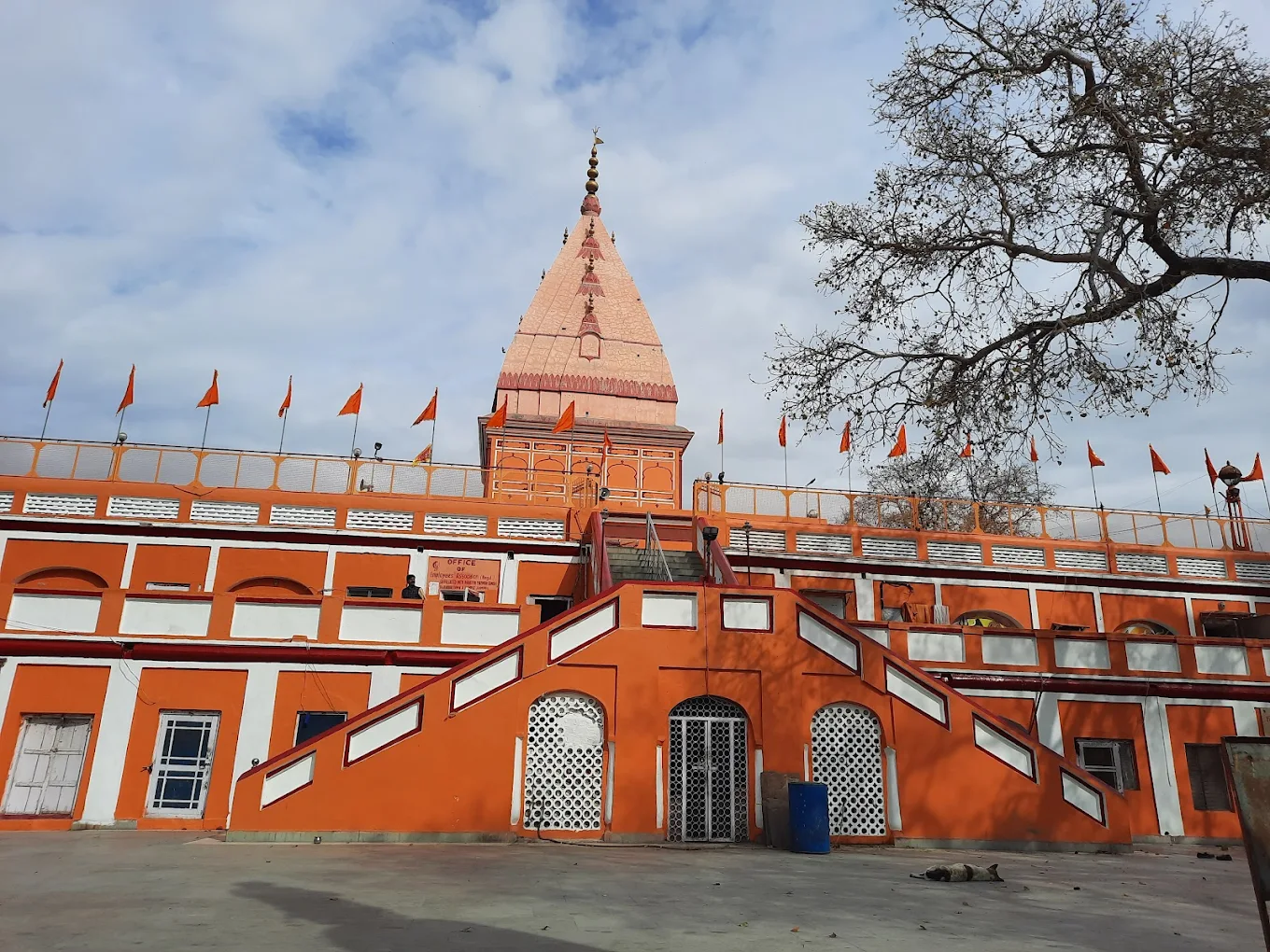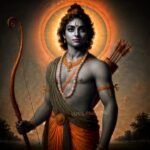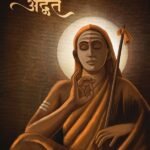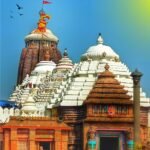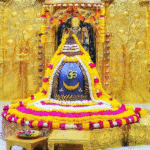Chapter 2
Sankhya Yoga
The second chapter of the Bhagavad Gita is “Sankhya Yoga”. This is the most important chapter of the Bhagavad Gita as Lord Krishna condenses the teachings of the entire Gita in this chapter. This chapter is the essence of the entire Gita. “Sankhya Yoga” can be categorized into 4 main topics – 1. Arjuna completely surrenders himself to Lord Krishna and accepts his position as a disciple and Krishna as his Guru. He requests Krishna to guide him on how to dismiss his sorrow. 2. Explanation of the main cause of all grief, which is ignorance of the true nature of Self. 3. Karma Yoga – the discipline of selfless action without being attached to its fruits. 4. Description of a Perfect Man – One whose mind is steady and one-pointed.
Verse 1
BG 2.1
सञ्जय उवाच तं तथा कृपयाऽविष्टमश्रुपूर्णाकुलेक्षणम्। विषीदन्तमिदं वाक्यमुवाच मधुसूदनः।।2.1।।
sañjaya uvācha taṁ tathā kṛipayāviṣhṭamaśhru pūrṇākulekṣhaṇam viṣhīdantamidaṁ vākyam uvācha madhusūdanaḥ
Translation
Sanjaya said: To him, who was thus overcome with pity, despondent, with eyes full of tears and agitated, Madhusudana (the destroyer of Madhu) or Krishna spoke these words.Verse 2
BG 2.2
श्री भगवानुवाच कुतस्त्वा कश्मलमिदं विषमे समुपस्थितम्। अनार्यजुष्टमस्वर्ग्यमकीर्तिकरमर्जुन।।2.2।।
śhrī bhagavān uvācha kutastvā kaśhmalamidaṁ viṣhame samupasthitam anārya-juṣhṭamaswargyam akīrti-karam arjuna
Translation
The Blessed Lord said, “From whence has this perilous strait come upon you, this dejection which is unworthy of you, disgraceful, and which will close the gates of heaven upon you, O Arjuna?”
Verse 3
BG 2.3
क्लैब्यं मा स्म गमः पार्थ नैतत्त्वय्युपपद्यते। क्षुद्रं हृदयदौर्बल्यं त्यक्त्वोत्तिष्ठ परन्तप।।2.3।।
klaibyaṁ mā sma gamaḥ pārtha naitat tvayyupapadyate kṣhudraṁ hṛidaya-daurbalyaṁ tyaktvottiṣhṭha parantapa
Translation
Arjuna said, “O Madhusudana, how can I fight in battle with arrows against Bhishma and Drona, who are worthy of being worshipped, O destroyer of enemies?”
Verse 4
BG 2.4
अर्जुन उवाच कथं भीष्ममहं संख्ये द्रोणं च मधुसूदन। इषुभिः प्रतियोत्स्यामि पूजार्हावरिसूदन।।2.4।।
arjuna uvācha kathaṁ bhīṣhmam ahaṁ sankhye droṇaṁ cha madhusūdana iṣhubhiḥ pratiyotsyāmi pūjārhāvari-sūdana
Translation
Arjuna said, “O Madhusudana, how can I fight in battle with arrows against Bhishma and Drona, who are worthy of being worshipped, O destroyer of enemies?”
Verse 5
BG 2.5
गुरूनहत्वा हि महानुभावान् श्रेयो भोक्तुं भैक्ष्यमपीह लोके। हत्वार्थकामांस्तु गुरूनिहैव भुञ्जीय भोगान् रुधिरप्रदिग्धान्।।2.5।।
gurūnahatvā hi mahānubhāvān śhreyo bhoktuṁ bhaikṣhyamapīha loke hatvārtha-kāmāṁstu gurūnihaiva bhuñjīya bhogān rudhira-pradigdhān
Translation
Better it is, indeed, in this world to accept alms than to slay the most noble teachers. But if I were to kill them, even in this world, all my enjoyments of wealth and fulfilled desires would be stained with their blood.
Verse 6
BG 2.6
न चैतद्विद्मः कतरन्नो गरीयो यद्वा जयेम यदि वा नो जयेयुः। यानेव हत्वा न जिजीविषाम स्तेऽवस्थिताः प्रमुखे धार्तराष्ट्राः।।2.6।।
na chaitadvidmaḥ kataranno garīyo yadvā jayema yadi vā no jayeyuḥ yāneva hatvā na jijīviṣhāmas te ’vasthitāḥ pramukhe dhārtarāṣhṭrāḥ
Translation
I can hardly tell which would be better, that we should conquer them or that they should conquer us. Even the sons of Dhritarashtra, whom we do not wish to slay, stand facing us.
Verse 7
BG 2.7
कार्पण्यदोषोपहतस्वभावः पृच्छामि त्वां धर्मसंमूढचेताः। यच्छ्रेयः स्यान्निश्िचतं ब्रूहि तन्मे शिष्यस्तेऽहं शाधि मां त्वां प्रपन्नम्।।2.7।।
kārpaṇya-doṣhopahata-svabhāvaḥ pṛichchhāmi tvāṁ dharma-sammūḍha-chetāḥ yach-chhreyaḥ syānniśhchitaṁ brūhi tanme śhiṣhyaste ’haṁ śhādhi māṁ tvāṁ prapannam
Translation
My heart is overpowered by the taint of pity; my mind is confused as to my duty. I ask Thee: Tell me decisively what is good for me. I am Thy disciple; instruct me, who has taken refuge in Thee.
Verse 8
BG 2.8
न हि प्रपश्यामि ममापनुद्या द्यच्छोकमुच्छोषणमिन्द्रियाणाम्। अवाप्य भूमावसपत्नमृद्धम् राज्यं सुराणामपि चाधिपत्यम्।।2.8।।
na hi prapaśhyāmi mamāpanudyād yach-chhokam uchchhoṣhaṇam-indriyāṇām avāpya bhūmāv-asapatnamṛiddhaṁ rājyaṁ surāṇāmapi chādhipatyam
Translation
I do not see that this sorrow that burns up my senses would be removed, even if I were to attain prosperous and unrivaled dominion on earth or lordship over the gods.
Verse 9
BG 2.9
सञ्जय उवाच एवमुक्त्वा हृषीकेशं गुडाकेशः परन्तप। न योत्स्य इति गोविन्दमुक्त्वा तूष्णीं बभूव ह।।2.9।।
sañjaya uvācha evam-uktvā hṛiṣhīkeśhaṁ guḍākeśhaḥ parantapa na yotsya iti govindam uktvā tūṣhṇīṁ babhūva ha
Translation
Sanjaya said: Having spoken thus to Hrishikesha, the Lord of the senses, Arjuna, the conqueror of sleep and destroyer of foes, said, “I will not fight,” and became silent.
Verse 10
BG 2.10
तमुवाच हृषीकेशः प्रहसन्निव भारत। सेनयोरुभयोर्मध्ये विषीदन्तमिदं वचः।।2.10।।
tam-uvācha hṛiṣhīkeśhaḥ prahasanniva bhārata senayorubhayor-madhye viṣhīdantam-idaṁ vachaḥ pūjārhāvari-sūdana
Translation
To him who was despondent in the midst of the two armies, Krishna, smiling, O Bharata, spoke these words.
Verse 11
BG 2.11
श्री भगवानुवाच अशोच्यानन्वशोचस्त्वं प्रज्ञावादांश्च भाषसे। गतासूनगतासूंश्च नानुशोचन्ति पण्डिताः।।2.11।।
śhrī bhagavān uvācha aśhochyān-anvaśhochas-tvaṁ prajñā-vādānśh cha bhāṣhase gatāsūn-agatāsūnśh-cha nānuśhochanti paṇḍitāḥ
Translation
The Blessed Lord said, “You have grieved for those who should not be grieved for; yet, you speak words of wisdom. The wise grieve neither for the living nor for the dead.”
Verse 12
BG 2.12
न त्वेवाहं जातु नासं न त्वं नेमे जनाधिपाः। न चैव न भविष्यामः सर्वे वयमतः परम्।।2.12।।
na tvevāhaṁ jātu nāsaṁ na tvaṁ neme janādhipāḥ na chaiva na bhaviṣhyāmaḥ sarve vayamataḥ param
Translation
Nor, at any time, was I not, nor thou, nor these rulers of men; nor, verily, shall we ever cease to be hereafter.
Verse 13
BG 2.13
देहिनोऽस्मिन्यथा देहे कौमारं यौवनं जरा। तथा देहान्तरप्राप्तिर्धीरस्तत्र न मुह्यति।।2.13।।
dehino ’smin yathā dehe kaumāraṁ yauvanaṁ jarā tathā dehāntara-prāptir dhīras tatra na muhyati
Translation
Just as the embodied soul passes through childhood, youth, and old age in this body, so too does it pass into another body; the steadfast one does not grieve over this.
Verse 14
BG 2.14
मात्रास्पर्शास्तु कौन्तेय शीतोष्णसुखदुःखदाः। आगमापायिनोऽनित्यास्तांस्तितिक्षस्व भारत।।2.14।।
mātrā-sparśhās tu kaunteya śhītoṣhṇa-sukha-duḥkha-dāḥ āgamāpāyino ’nityās tans-titikṣhasva bhārata
Translation
The contact of the senses with the objects, O son of Kunti, which causes heat and cold, pleasure and pain, has a beginning and an end; they are impermanent; endure them bravely, O Arjuna.
Verse 15
BG 2.15
यं हि न व्यथयन्त्येते पुरुषं पुरुषर्षभ। समदुःखसुखं धीरं सोऽमृतत्वाय कल्पते।।2.15।।
yaṁ hi na vyathayantyete puruṣhaṁ puruṣharṣhabha sama-duḥkha-sukhaṁ dhīraṁ so ’mṛitatvāya kalpate
Translation
The unreal has no being; there is no non-being of the real; the truth about both has been seen by the knowers of the truth (or the seers of the essence).
Verse 16
BG 2.16
नासतो विद्यते भावो नाभावो विद्यते सतः। उभयोरपि दृष्टोऽन्तस्त्वनयोस्तत्त्वदर्शिभिः।।2.16।।
nāsato vidyate bhāvo nābhāvo vidyate sataḥ ubhayorapi dṛiṣhṭo ’nta stvanayos tattva-darśhibhiḥ
Translation
The unreal has no being; there is no non-being of the real; the truth about both has been seen by the knowers of the truth (or the seers of the essence).
Verse 17
BG 2.17
अविनाशि तु तद्विद्धि येन सर्वमिदं ततम्। विनाशमव्ययस्यास्य न कश्चित् कर्तुमर्हति।।2.17।।
avināśhi tu tadviddhi yena sarvam idaṁ tatam vināśham avyayasyāsya na kaśhchit kartum arhati
Translation
Know that to be indestructible, by which all this is pervaded. No one can cause the destruction of that, the Imperishable.
Verse 18
BG 2.18
अन्तवन्त इमे देहा नित्यस्योक्ताः शरीरिणः। अनाशिनोऽप्रमेयस्य तस्माद्युध्यस्व भारत।।2.18।।
antavanta ime dehā nityasyoktāḥ śharīriṇaḥ anāśhino ’prameyasya tasmād yudhyasva bhārata
Translation
These bodies of the embodied Self, which are eternal, indestructible, and immeasurable, are said to have an end. Therefore, fight, O Arjuna.
Verse 19
BG 2.19
य एनं वेत्ति हन्तारं यश्चैनं मन्यते हतम्। उभौ तौ न विजानीतो नायं हन्ति न हन्यते।।2.19।।
ya enaṁ vetti hantāraṁ yaśh chainaṁ manyate hatam ubhau tau na vijānīto nāyaṁ hanti na hanyate
Translation
He who takes the Self to be the slayer and he who thinks it is slain, neither of them knows. It does not slay, nor is it slain.
Verse 20
BG 2.20
न जायते म्रियते वा कदाचि न्नायं भूत्वा भविता वा न भूयः। अजो नित्यः शाश्वतोऽयं पुराणो न हन्यते हन्यमाने शरीरे।।2.20।।
na jāyate mriyate vā kadāchin nāyaṁ bhūtvā bhavitā vā na bhūyaḥ ajo nityaḥ śhāśhvato ’yaṁ purāṇo na hanyate hanyamāne śharīre
Translation
It is not born, nor does it ever die; after having been, it again does not cease to be; unborn, eternal, changeless, and ancient, it is not killed when the body is killed.
Verse 21
BG 2.21
वेदाविनाशिनं नित्यं य एनमजमव्ययम्। कथं स पुरुषः पार्थ कं घातयति हन्ति कम्।।2.21।।
vedāvināśhinaṁ nityaṁ ya enam ajam avyayam kathaṁ sa puruṣhaḥ pārtha kaṁ ghātayati hanti kam
Translation
Whoever knows it to be indestructible, eternal, unborn, and inexhaustible, how can that person slay, O Arjuna, or cause to be slain?
Verse 22
BG 2.22
वासांसि जीर्णानि यथा विहाय नवानि गृह्णाति नरोऽपराणि। तथा शरीराणि विहाय जीर्णा न्यन्यानि संयाति नवानि देही।।2.22।।
vāsānsi jīrṇāni yathā vihāya navāni gṛihṇāti naro ’parāṇi tathā śharīrāṇi vihāya jīrṇānya nyāni sanyāti navāni dehī
Translation
Just as a man casts off worn-out clothes and puts on new ones, so too the embodied Self casts off worn-out bodies and enters others that are new.
Verse 23
BG 2.23
नैनं छिन्दन्ति शस्त्राणि नैनं दहति पावकः। न चैनं क्लेदयन्त्यापो न शोषयति मारुतः।।2.23।।
nainaṁ chhindanti śhastrāṇi nainaṁ dahati pāvakaḥ na chainaṁ kledayantyāpo na śhoṣhayati mārutaḥ
Translation
Weapons cannot cut it, fire cannot burn it, water cannot wet it, wind cannot dry it.
Verse 24
BG 2.24
अच्छेद्योऽयमदाह्योऽयमक्लेद्योऽशोष्य एव च। नित्यः सर्वगतः स्थाणुरचलोऽयं सनातनः।।2.24।।
achchhedyo ’yam adāhyo ’yam akledyo ’śhoṣhya eva cha nityaḥ sarva-gataḥ sthāṇur achalo ’yaṁ sanātanaḥ
Translation
This Self cannot be cut, burned, wetted, nor dried up; it is eternal, all-pervasive, stable, immovable, and ancient.
Verse 25
BG 2.25
अव्यक्तोऽयमचिन्त्योऽयमविकार्योऽयमुच्यते। तस्मादेवं विदित्वैनं नानुशोचितुमर्हसि।।2.25।।
avyakto ’yam achintyo ’yam avikāryo ’yam uchyate tasmādevaṁ viditvainaṁ nānuśhochitum arhasi
Translation
This Self is said to be unmanifested, unthinkable, and unchangeable. Therefore, knowing this to be so, you should not grieve.
Verse 26
BG 2.26
अथ चैनं नित्यजातं नित्यं वा मन्यसे मृतम्। तथापि त्वं महाबाहो नैवं शोचितुमर्हसि।।2.26।।
atha chainaṁ nitya-jātaṁ nityaṁ vā manyase mṛitam tathāpi tvaṁ mahā-bāho naivaṁ śhochitum arhasi
Translation
But even if thou thinkest of It as constantly being born and constantly dying, even then, O mighty-armed one, thou shouldst not grieve.
Verse 27
BG 2.27
जातस्य हि ध्रुवो मृत्युर्ध्रुवं जन्म मृतस्य च। तस्मादपरिहार्येऽर्थे न त्वं शोचितुमर्हसि।।2.27।।
jātasya hi dhruvo mṛityur dhruvaṁ janma mṛitasya cha tasmād aparihārye ’rthe na tvaṁ śhochitum arhasi
Translation
For the born, death is certain, and for the dead, birth is certain; therefore, you should not grieve over the inevitable.
Verse 28
BG 2.28
अव्यक्तादीनि भूतानि व्यक्तमध्यानि भारत। अव्यक्तनिधनान्येव तत्र का परिदेवना।।2.28।।
avyaktādīni bhūtāni vyakta-madhyāni bhārata avyakta-nidhanānyeva tatra kā paridevanā
Translation
Beings are unmanifest in their beginning, manifest in their middle state, O Arjuna, and unmanifest again in their end. What is there to grieve about?
Verse 29
BG 2.29
आश्चर्यवत्पश्यति कश्चिदेन माश्चर्यवद्वदति तथैव चान्यः। आश्चर्यवच्चैनमन्यः श्रृणोति श्रुत्वाप्येनं वेद न चैव कश्चित्।।2.29।।
āśhcharya-vat paśhyati kaśhchid enan āśhcharya-vad vadati tathaiva chānyaḥ āśhcharya-vach chainam anyaḥ śhṛiṇoti śhrutvāpyenaṁ veda na chaiva kaśhchit
Translation
One sees this (the Self) as a wonder; another speaks of it as a wonder; another hears of it as a wonder; yet, having heard, none understands it at all.
Verse 30
BG 2.30
देही नित्यमवध्योऽयं देहे सर्वस्य भारत। तस्मात्सर्वाणि भूतानि न त्वं शोचितुमर्हसि।।2.30।।
dehī nityam avadhyo ’yaṁ dehe sarvasya bhārata tasmāt sarvāṇi bhūtāni na tvaṁ śhochitum arhasi
Translation
This indweller in the body of everyone is ever indestructible, O Arjuna; therefore, you should not grieve for any creature.
Verse 31
BG 2.31
स्वधर्ममपि चावेक्ष्य न विकम्पितुमर्हसि। धर्म्याद्धि युद्धाछ्रेयोऽन्यत्क्षत्रियस्य न विद्यते।।2.31।।
swa-dharmam api chāvekṣhya na vikampitum arhasi dharmyāddhi yuddhāch chhreyo ’nyat kṣhatriyasya na vidyate
Translation
Further, having regard to your duty, you should not waver, for there is nothing higher for a Kshatriya than a righteous war.
Verse 32
BG 2.32
यदृच्छया चोपपन्नं स्वर्गद्वारमपावृतम्। सुखिनः क्षत्रियाः पार्थ लभन्ते युद्धमीदृशम्।।2.32।।
yadṛichchhayā chopapannaṁ swarga-dvāram apāvṛitam sukhinaḥ kṣhatriyāḥ pārtha labhante yuddham īdṛiśham
Translation
Happy are the Kshatriyas, O Arjuna! who are called to fight in such a battle that comes of its own accord as an open door to heaven.
Verse 33
BG 2.33
अथ चैत्त्वमिमं धर्म्यं संग्रामं न करिष्यसि। ततः स्वधर्मं कीर्तिं च हित्वा पापमवाप्स्यसि।।2.33।।
atha chet tvam imaṁ dharmyaṁ saṅgrāmaṁ na kariṣhyasi tataḥ sva-dharmaṁ kīrtiṁ cha hitvā pāpam avāpsyasi
Translation
But if you will not fight this righteous war, then having abandoned your own duty and reputation, you will incur sin.
Verse 34
BG 2.34
अकीर्तिं चापि भूतानि कथयिष्यन्ति तेऽव्ययाम्। संभावितस्य चाकीर्तिर्मरणादतिरिच्यते।।2.34।।
akīrtiṁ chāpi bhūtāni kathayiṣhyanti te ’vyayām sambhāvitasya chākīrtir maraṇād atirichyate
Translation
People will also recount your everlasting dishonor; and for one who has been honored, dishonor is worse than death.
Verse 35
BG 2.35
भयाद्रणादुपरतं मंस्यन्ते त्वां महारथाः। येषां च त्वं बहुमतो भूत्वा यास्यसि लाघवम्।।2.35।।
bhayād raṇād uparataṁ mansyante tvāṁ mahā-rathāḥ yeṣhāṁ cha tvaṁ bahu-mato bhūtvā yāsyasi lāghavam
Translation
The great chariot-warriors will think that you have withdrawn from the battle out of fear, and you will be held in low esteem by those who have held you in high regard.
Verse 36
BG 2.36
अवाच्यवादांश्च बहून् वदिष्यन्ति तवाहिताः। निन्दन्तस्तव सामर्थ्यं ततो दुःखतरं नु किम्।।2.36।।
swa-dharmam api chāvekṣhya na vikampitum arhasi dharmyāddhi yuddhāch chhreyo ’nyat kṣhatriyasya na vidyate
Translation
Further, having regard to your duty, you should not waver, for there is nothing higher for a Kshatriya than a righteous war.
Verse 37
BG 2.37
हतो वा प्राप्स्यसि स्वर्गं जित्वा वा भोक्ष्यसे महीम्। तस्मादुत्तिष्ठ कौन्तेय युद्धाय कृतनिश्चयः।।2.37।।
hato vā prāpsyasi swargaṁ jitvā vā bhokṣhyase mahīm tasmād uttiṣhṭha kaunteya yuddhāya kṛita-niśhchayaḥ
Translation
Slain, you will obtain heaven; victorious, you will enjoy the earth; therefore, stand up, O son of Kunti, resolved to fight.
Verse 38
BG 2.38
सुखदुःखे समे कृत्वा लाभालाभौ जयाजयौ। ततो युद्धाय युज्यस्व नैवं पापमवाप्स्यसि।।2.38।।
sukha-duḥkhe same kṛitvā lābhālābhau jayājayau tato yuddhāya yujyasva naivaṁ pāpam avāpsyasi
Translation
Having made pleasure and pain, gain and loss, victory and defeat equal, engage in battle for the sake of battle; thus, you shall not incur sin.
Verse 39
BG 2.39
एषा तेऽभिहिता सांख्ये बुद्धिर्योगे त्विमां श्रृणु। बुद्ध्यायुक्तो यया पार्थ कर्मबन्धं प्रहास्यसि।।2.39।।
eṣhā te ’bhihitā sānkhye buddhir yoge tvimāṁ śhṛiṇu buddhyā yukto yayā pārtha karma-bandhaṁ prahāsyasi
Translation
This, which has been taught to you, is wisdom concerning Sankhya. Now listen to wisdom concerning Yoga, endowed with which, O Arjuna, you shall cast off the bonds of action.
Verse 40
BG 2.40
नेहाभिक्रमनाशोऽस्ति प्रत्यवायो न विद्यते। स्वल्पमप्यस्य धर्मस्य त्रायते महतो भयात्।।2.40।।
nehābhikrama-nāśho ’sti pratyavāyo na vidyate svalpam apyasya dharmasya trāyate mahato bhayāt
Translation
In this, there is no loss of effort, nor is there any harm produced, nor any transgression. Even a little of this knowledge protects one from great fear.
Verse 41
BG 2.41
व्यवसायात्मिका बुद्धिरेकेह कुरुनन्दन। बहुशाखा ह्यनन्ताश्च बुद्धयोऽव्यवसायिनाम्।।2.41।।
vyavasāyātmikā buddhir ekeha kuru-nandana bahu-śhākhā hyanantāśh cha buddhayo ’vyavasāyinām
Translation
Here, O joy of the Kurus, there is only one single-pointed determination; many-branched and endless are the thoughts of the indecisive.
Verse 42
BG 2.42
यामिमां पुष्पितां वाचं प्रवदन्त्यविपश्चितः। वेदवादरताः पार्थ नान्यदस्तीति वादिनः।।2.42।।
yāmimāṁ puṣhpitāṁ vāchaṁ pravadanty-avipaśhchitaḥ veda-vāda-ratāḥ pārtha nānyad astīti vādinaḥ kāmātmānaḥ swarga-parā janma-karma-phala-pradām kriyā-viśheṣha-bahulāṁ bhogaiśhwarya-gatiṁ prati
Translation
The unwise, taking pleasure in the eulogizing words of the Vedas, utter flowery speech, saying, “There is nothing else,” O Arjuna.
Verse 43
BG 2.43
कामात्मानः स्वर्गपरा जन्मकर्मफलप्रदाम्। क्रियाविशेषबहुलां भोगैश्वर्यगतिं प्रति।।2.43।।
kāmātmānaḥ svarga-parā janma-karma-phala-pradām kriyā-viśeṣa-bahulāṁ bhogaiśvarya-gatiṁ prati
Translation
Full of desires, with heaven as their goal, (they speak words that are directed to ends) leading to new births as the result of their works, and prescribe various methods abounding in specific actions, for the attainment of pleasure and power.
Verse 44
BG 2.44
भोगैश्वर्यप्रसक्तानां तयापहृतचेतसाम्। व्यवसायात्मिका बुद्धिः समाधौ न विधीयते।।2.44।।
bhogaiśwvarya-prasaktānāṁ tayāpahṛita-chetasām vyavasāyātmikā buddhiḥ samādhau na vidhīyate
Translation
For those who are attached to pleasure and power, whose minds are drawn away by such teachings, their determinate reason is not formed which is steadily bent on meditation and Samadhi (superconscious state).
Verse 45
BG 2.45
त्रैगुण्यविषया वेदा निस्त्रैगुण्यो भवार्जुन। निर्द्वन्द्वो नित्यसत्त्वस्थो निर्योगक्षेम आत्मवान्।।2.45।।
trai-guṇya-viṣhayā vedā nistrai-guṇyo bhavārjuna nirdvandvo nitya-sattva-stho niryoga-kṣhema ātmavān
Translation
The Vedas deal with the three attributes; be thou above these three attributes. O Arjuna, free yourself from the pairs of opposites and ever remain in the quality of Sattva, freed from acquisition and preservation, and be established in the Self.
Verse 46
BG 2.46
यावानर्थ उदपाने सर्वतः संप्लुतोदके। तावान्सर्वेषु वेदेषु ब्राह्मणस्य विजानतः।।2.46।।
yāvān artha udapāne sarvataḥ samplutodake tāvānsarveṣhu vedeṣhu brāhmaṇasya vijānataḥ
Translation
To the Brahmana who has known the Self, all the Vedas are of as much use as a reservoir of water would be in a place where there is a flood.
Verse 47
BG 2.47
कर्मण्येवाधिकारस्ते मा फलेषु कदाचन। मा कर्मफलहेतुर्भूर्मा ते सङ्गोऽस्त्वकर्मणि।।2.47।।
karmaṇy-evādhikāras te mā phaleṣhu kadāchana mā karma-phala-hetur bhūr mā te saṅgo ’stvakarmaṇi
Translation
Your right is only to work, but not to its results; do not let the results of action be your motive, nor let your attachment be to inaction.
Verse 48
BG 2.48
योगस्थः कुरु कर्माणि सङ्गं त्यक्त्वा धनञ्जय। सिद्ध्यसिद्ध्योः समो भूत्वा समत्वं योग उच्यते।।2.48।।
yoga-sthaḥ kuru karmāṇi saṅgaṁ tyaktvā dhanañjaya siddhy-asiddhyoḥ samo bhūtvā samatvaṁ yoga uchyate
Translation
Perform action, O Arjuna, being steadfast in Yoga, abandoning attachment and balanced in success and failure; evenness of mind is called Yoga.


